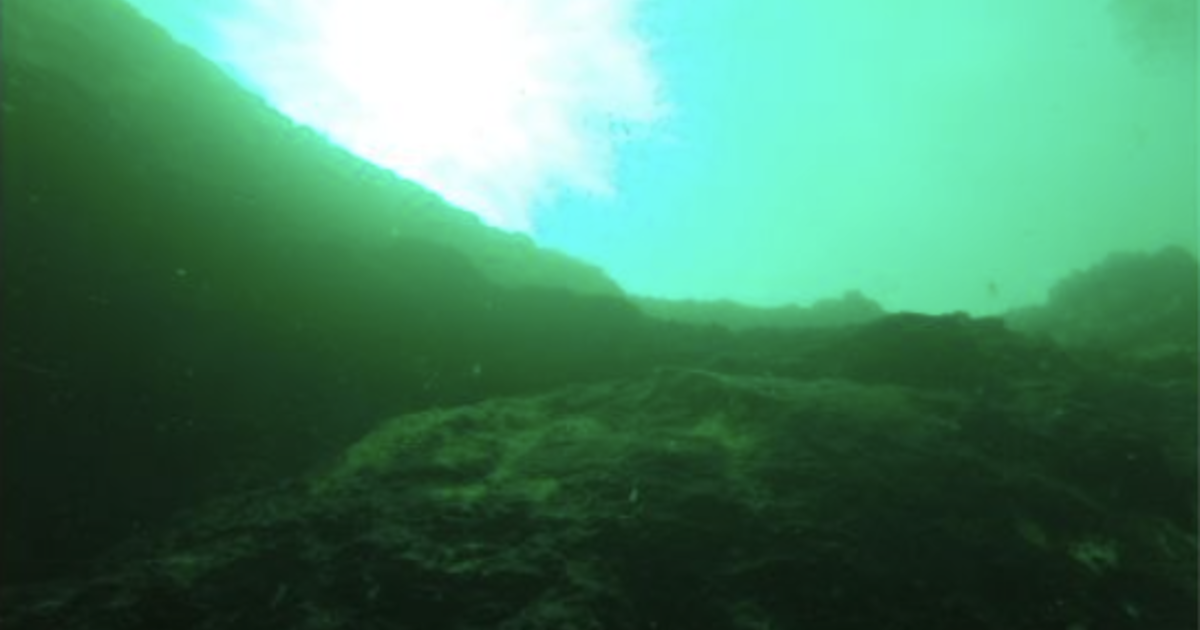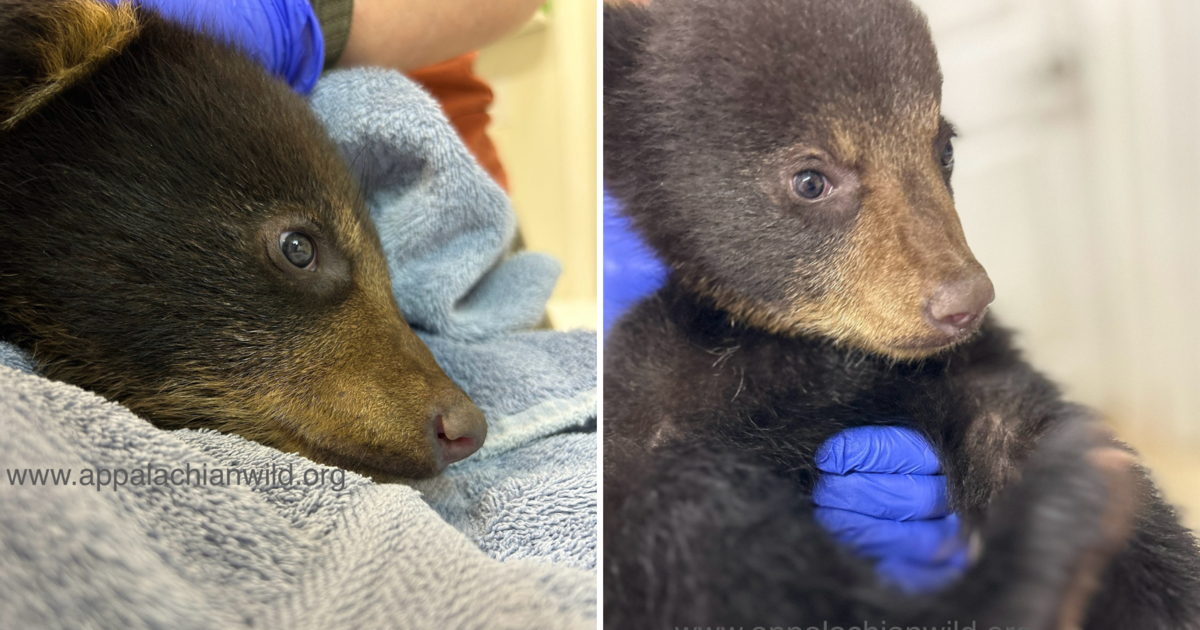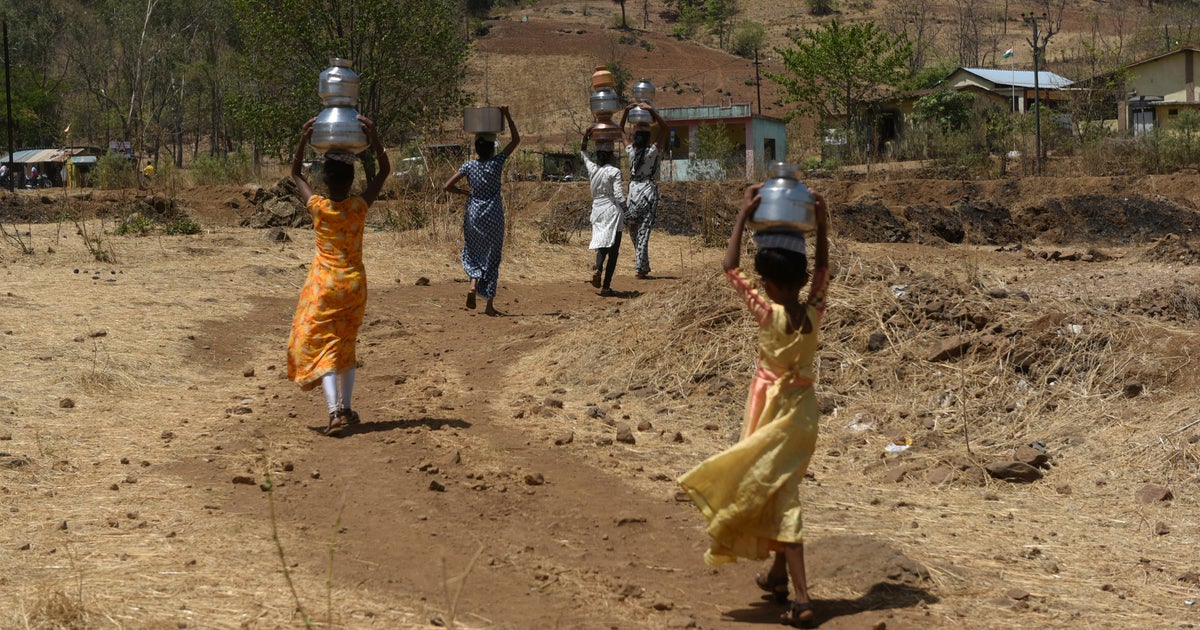Scientists use mini-satellites in effort to save the world's coral reefs
Great Barrier Reef — There's a good reason marine scientist Chris Roelfsema studies coral reefs.
"Twenty five percent of all marine species depends on coral reef," he said.
The reefs may be near the bottom of the ocean food chain. But now, to study what's happening down there, scientists are going up. They're using the hundreds of shoe-box sized, mini-satellites already in orbit to try to save the world's coral reefs.
The satellites circle over the North and South Poles as the Earth spins underneath, and send back pictures of every square inch of the planet, every day. That includes pictures of the 150,000 or so coral reefs.
It's a game-changer. Until now, scientists have had to visit individual reefs to monitor their health -- or lack of it.
CBS News was there as a group headed to Australia's Great Barrier Reef. As research, it's expensive, time-consuming and incomplete.
"Just the fact that there's so much reef out there, even when we're responding to something like a bleaching event, there's only a certain number of scientists," said researcher Emma Kennedy.
Kennedy has been studying two recent bleachings here, where warming waters kill the coral leaving a white skeleton behind.
"The satellite products are really going to be able to help us, because we're going to be able to look at much bigger areas of reef from space," Kennedy said.
That's where the reef-mapping satellites come in. Lauren Kickham runs the project launched by the late Microsoft co-founder Paul Allen, which brings the satellite people and the marine biologists together.
The satellite pictures are processed by software Roelfsema is developing to determine what is coral, what is sand, what's healthy and what's dying. An online atlas will provide a daily, world-wide, coral health report.
"If we didn't have what we have now, it would take trillions of dollars and a hundred years to map the world, and we just don't have that time," Kickham said.
It is a race against time. Another coral bleaching die-off could come as soon as this year.




